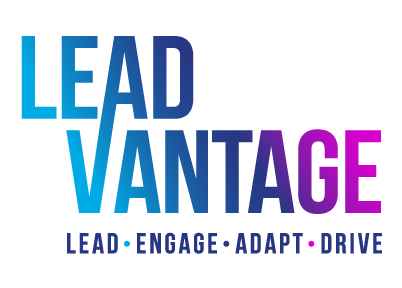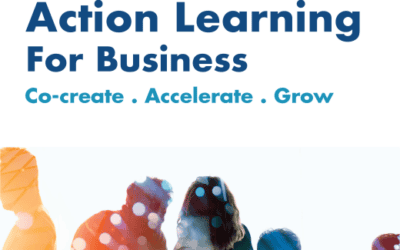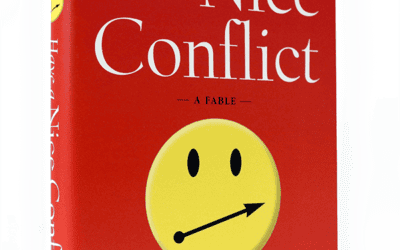John C. Miller, in his thought-provoking book, poses a fundamental question that resonates in our tumultuous times: “What has happened to personal accountability?” As we navigate through periods of heightened stress, our natural inclination is often to focus on the negatives, adopting a defensive stance and assigning blame. Miller’s work serves as a guiding light, leading readers through strategies that transform this negative dialogue into opportunities for personal contribution and excellence.
Defining QBQ (Question behind the question)
At the core of Miller’s philosophy is the concept of the “Question Behind the Question” (QBQ), defined as “a tool that enables individuals to practice personal accountability by making better choices in the moment.” By engaging in a practice that involves asking powerful questions with a focus on the right aspects, individuals can unlock better results in their personal and professional lives.
Key Tips from Miller
Miller imparts valuable tips for implementing the QBQ approach:
1. Begin with “what” or “how,” not “why,” “when,” or “who!”
2. Contain an “I,” not “they,” “we,” or “you.”
3. Focus on action.
#leadvantage and the Art of Questioning
In the realm of leadership, the art of questioning is a skill often overlooked. At Lead Vantage LLP, we recognize this gap and emphasize the importance of asking the right questions. Our training program encourages leaders to employ open-ended questions, steering clear of the detrimental “why” inquiries that can hinder progress.
Breaking Free from the “Why” Question
Under pressure, individuals frequently succumb to the “why” trap, posing questions that reflect victim thinking:
- Why can’t we find talent?
- Why don’t others work as hard as I do?
- Why is this happening to me?
- Why don’t we ever get a break?
- Why don’t people care?
- Why don’t I get support from my colleagues or leaders?
- Why doesn’t the younger generation work hard or care about their careers?
Such victim-type questions create roadblocks, impeding the identification of real issues and obstructing progress. To overcome this, Miller suggests replacing these questions with inquiries that lead to positive outcomes:
- How can I do my job better today?
- What can I do to improve the situation?
- How can I support others?
- How can I appreciate people’s gifts and strengths?
- How can I learn more?
The Power of Personal Accountability
A central tenet of Miller’s philosophy is that we cannot hold others accountable if we fail to hold ourselves accountable first. Embracing humility as the cornerstone of leadership, Miller encourages individuals to set an example by asking the right questions at the right time, fostering accountability at all levels within the organization.
Our Final Thoughts
In a world often clouded by negativity and blame, John C. Miller’s insights provide a refreshing perspective on personal accountability. By mastering the art of questioning, individuals can pave the way for positive change and empower themselves and those around them to achieve excellence.
Learning the human skills of how to lead is critical and often a gaping hole in leadership. At Lead Vantage we believe leaders aren’t born and not all great employees make great leaders. It takes practice and intentional learning to strengthen how we shop up. Communication and the art of questioning is a skill we are passionate about and incorporate into all of our training offerings.

To learn more about our offerings, visit: https://leadvantage.ca/programs/




